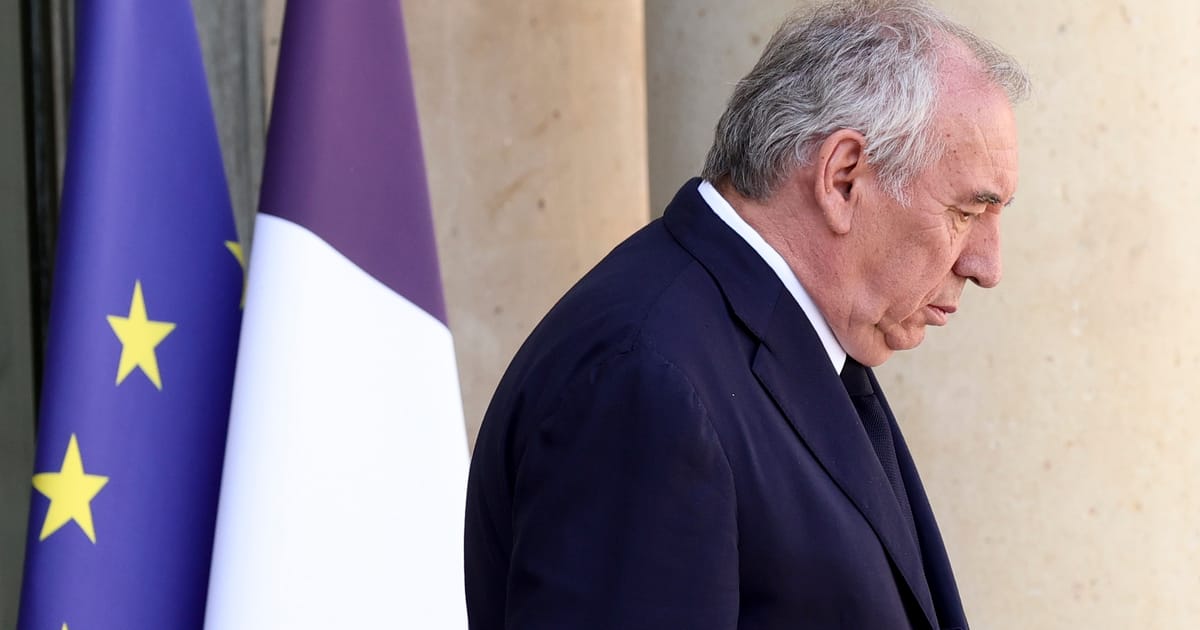By setting up his own likely exit just two days ahead of the mass protests, Bayrou may have taken the wind out of the movement’s sails — if would-be protesters end up staying home without a government or budget to oppose.
If people still show up in large numbers, however, Macron will be left to deal with the aftermath.
As of last week, a Toluna Harris Interactive poll commissioned by RTL showed two in three respondents voicing support for “shutting down the country” on Sept. 10, including an overwhelming majority of voters on both the left and the far right. The campaign quickly drew comparisons with the Yellow Vests uprising of 2018–19 — another amorphous mobilization — that snowballed out of Facebook groups.
While most French politicians have approached the Sept. 10 movement with caution, given the difficulty of pinning down its origins and demands, three-time presidential candidate Jean-Luc Mélenchon was immediately an enthusiastic advocate.
Mélenchon, a self-described left-wing populist and advocate for what he calls a “civic revolution,” said in a radio interview on Tuesday that trade unions should back the Sept. 10 initiative and call for a general strike in order to put pressure on Macron.
Bayrou could become the second of Macron’s prime ministers to fall in less than a year, if he loses next week’s vote. According to Mélenchon, Macron would then “understand that it would be useless to reappoint a third prime minister, who would of course apply the same policies.”
